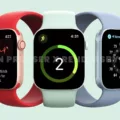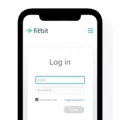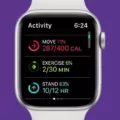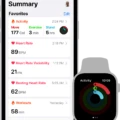Fitbit has become a popular tool used by fitness enthusiasts to track their daily activity levels, including heart rate. However, recent studies have shown that Fitbits may not be as accurate as one would hope when it comes to tracking heart rate during exercise.
It has been found that Fitbits tend to overestimate heart rates, particularly during high-intensity workouts. This can be a concern for those relying on their Fitbit to monitor their heart rate during exercise, as inaccurate readings can lead to incorrect assumptions about the intensity of their workout and potential health risks.
While Fitbit has acknowledged that their devices may not be perfect when it comes to heart rate tracking, they maintain that their products are still useful tools for monitoring overall activity levels and providing a general idea of heart rate trends.
There are several factors that can impact the accuracy of Fitbit heart rate monitoring, including movement, temperature, humidity, stress level, physical body position, caffeine intake, and medication use. Additionally, different medical conditions and medications can also impact heart rate and contribute to inaccuracies in Fitbit readings.
Despite these limitations, Fitbit remains a popular tool for tracking daily activity levels and providing users with a general idea of their heart rate trends. While it may not be the most accurate tool for monitoring heart rate during exercise, it can still be a useful tool for overall health and fitness tracking.
It is important to note that individuals with specific health concerns or those relying on accurate heart rate monitoring for medical reasons should consult with a healthcare professional and consider alternative heart rate monitoring options, such as a chest strap or other wearable device specifically designed for heart rate monitoring.
While Fitbit may not be the most accurate tool for monitoring heart rate during exercise, it can still be a useful tool for overall health and fitness tracking. It is important to be aware of the limitations of these devices and to consult with a healthcare professional if relying on heart rate monitoring for medical reasons.
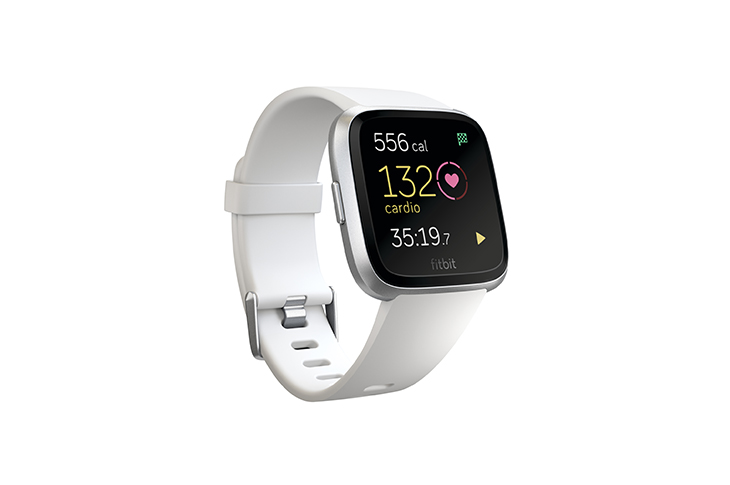
Accuracy of the Fitbit Heart Rate Monitor
Recent studies have shown that Fitbits may not always provide accurate heart rate readings. In fact, Fitbits have been found to overestimate heart rates during exercise. This can be problematic for those who rely on accurate heart rate data for their workouts. It is important to keep in mind that the accuracy of heart rate monitors can be affected by a variety of factors, such as skin color, body fat percentage, and the fit of the device. While Fitbits can be a helpful tool in tracking fitness, it is important to interpret heart rate data with caution and to consult a healthcare professional if you have any concerns about your heart health.
Can Fitbit Accurately Measure Heart Rate?
There have been claims that Fitbit devices can misread heart rates, particularly during exercise. However, it’s important to note that the accuracy of heart rate readings can vary depending on various factors such as individual physiology, device placement, and activity level.
That being said, Fitbit has stated that their devices use advanced algorithms to provide accurate heart rate measurements, and they regularly conduct internal and third-party testing to ensure the accuracy of their products.
Consumer Reports, a reputable testing organization, has also tested Fitbit devices and found the heart rate readings to be quite accurate. However, it’s always a good idea to consult with a healthcare professional if you have concerns about the accuracy of heart rate readings from your Fitbit or any other wearable device.
While there have been claims of misreading heart rates by Fitbit devices, the company has taken steps to ensure accuracy, and testing has shown the readings to be quite accurate. As with any wearable device, it’s important to be aware of the potential for variations in readings and to consult with a healthcare professional if you have concerns.
Understanding High Heart Rate Readings on a Fitbit
There are several reasons why your Fitbit heart rate may be high. One possible reason is physical activity or exercise. When you engage in physical activity, your heart rate increases to pump more blood to your muscles and meet their oxygen needs. Another reason could be stress or anxiety. When you are stressed, your body releases adrenaline, which can cause your heart rate to increase. Additionally, dehydration can also affect your heart rate, as your heart has to work harder to pump blood when you are dehydrated. Certain medications, such as beta-blockers, can lower your heart rate, while other medications, such as stimulants, can increase it. It is important to note that if your heart rate consistently remains high even when you are at rest, it may be a sign of an underlying medical condition and you should consult with a healthcare professional.
Conclusion
Fitbits can be a great tool for tracking your fitness progress and monitoring your heart rate. However, it’s important to keep in mind that these devices are not 100% accurate when it comes to heart rate readings. Factors such as movement, temperature, and medication use can all impact the accuracy of the readings. Despite this, Fitbits can still provide valuable insights into your fitness routine and can help you stay on track with your health goals. It’s always a good idea to consult with your healthcare provider if you have any concerns about your heart rate or overall health.


